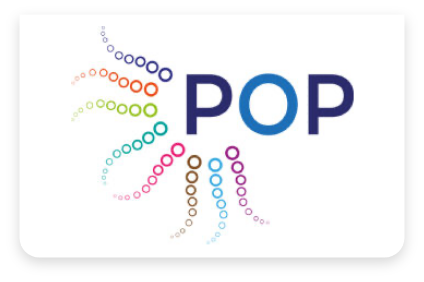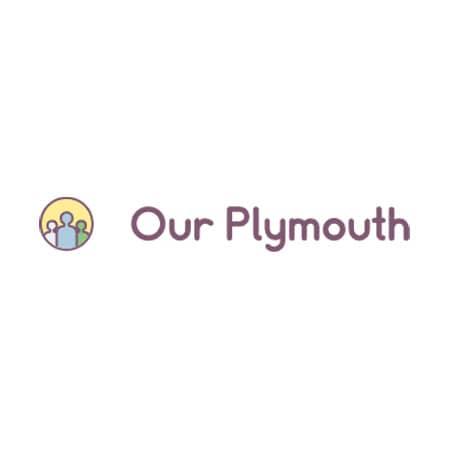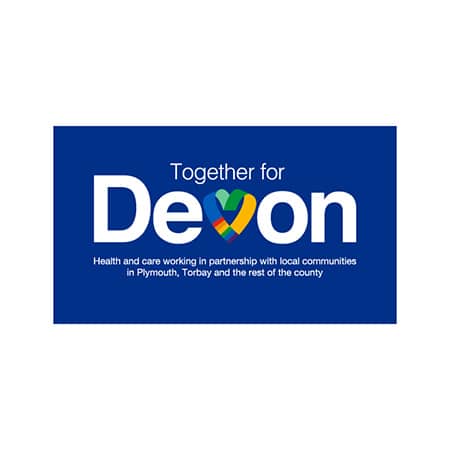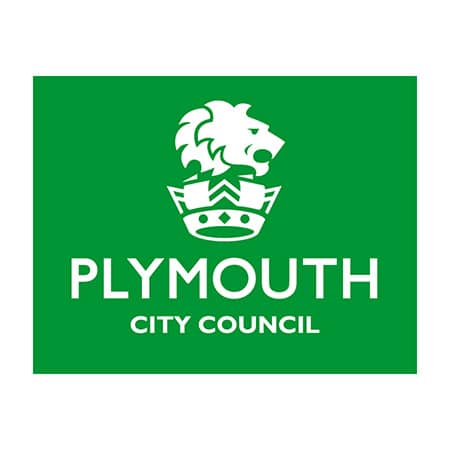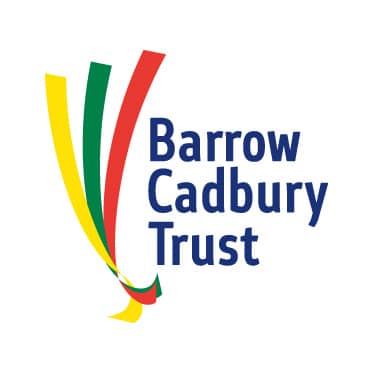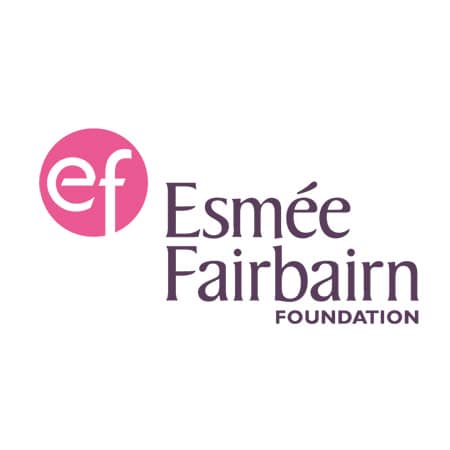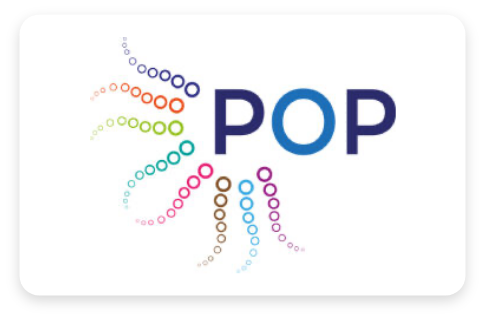The one thing the team want you to know
Last year 5,052 Plymothians sought advice from our service on over 27,000 issues. 61% of them were advised on issues relating to cost of living, 1,039 debt and 1,348 requested foodbank or charitable support help.
Money worries often have a negative impact on their mental health and ability to face their problems. Therefore, by educating and providing skills to disadvantaged groups, we can help them to avoid similar problems in the future. We believe individuals should be able to get help in the way that works for them and meets their needs. Easy-read materials and easy-to-understand sessions will address this.
Project description
Our evidence reveals that more and more people are struggling with their finances, fuel poverty, and as a result, their mental health suffering. Currently, there are no financial capability projects being delivered in Plymouth. Therefore, residents may not have the tools to improve their financial knowledge, skills, attitudes, and confidence. Moreover, existing information is not available in an easy-to-understand format. This can exacerbate people’s ability to cope with increasing living costs, and some may struggle to make key decisions about important areas of their life or money. By creating accessible materials, we can eliminate some barriers neurodivergent people and those having English as a second language may face in these unprecedented times.
Our overall aim is to prevent people from getting into debt, alleviate the impact of the cost-of-living crisis and help improve their mental health.
We are experts in debt advice and have successfully delivered projects to support clients struggling with their finances (e.g. WOW project). We also have experience of designing easy-read materials, e.g. loan sharks. We have also received positive feedback from professionals working with neurodivergent people and the general public.
This funding will help develop free easy-read resources, available in a printed and online version that everyone can use. Resources will focus on basic financial capability skills (budgeting, priority and non-priority debts, money borrowing, buy now-pay later skills), tips on tackling cost-of-living problems and fuel poverty. Funds will be used for the design and printing of these materials. All resources will use simple images that can be widely understood by everyone, regardless of the language someone speaks or whether they can read or write. Moreover, we will publish these resources on the website so the wider audience can access them as well.
We will deliver free workshops for 6 organisations working with disadvantaged groups. These workshops will include sessions targeting neurodivergent people or those who aren’t proficient in English. Sessions will cover information about Citizens Advice services and other local services that can help with the cost-of-living problems, financial capability skills and energy efficiency. Participation in training sessions will help reduce isolation and encourage people to seek advice about their problems.
Moreover, if we identify that beneficiaries need immediate advice, we will be able to refer them to our services for further advice and support.
Funding needed £4900
What group or groups of people will the project be working with and why?
We want to work with Plymouth residents who are neurodivergent and have English as an additional language.
In Plymouth, it is estimated that in 2020, 3,973 people aged 18 to 64 and 1,026 people (65+) had a learning disability an. According to the Census 2021, nearly 2,400 Plymouth residents were born outside of the UK. Having English as an additional language may present a barrier in understanding financial terminology and speaking to professionals. Moreover, there may be additional barriers in accessing existing debt advice services due to cultural differences in money borrowing.
People with learning disabilities are more likely (than other groups of the population) to need help with managing their finances. Without the right support, some neurodivergent people may make poor financial decisions because they are unclear of the implications. Education and early intervention can help prevent people getting into debt.
We understand that people living in isolation may be more reluctant to seek advice, and therefore, familiarisation with local service will break these barriers.
What areas will the project be working in?2-3 neighbourhoods
City Centre & the Waterfront
Devonport
Greenbank and University
These areas are where our partners are based but they create an opportunity to engage with people from other areas as well.
What is the group or organisations track record? Track record:
Been delivering for many years
How new is the idea? Experimentation:
New, adapting something similar
Budget
Salaries & peoples time 30%
Project costs 50%
Event/hire/rent 0%
IT spend 5%
Core costs 10%
Capital 5%
Organisations involved
Arts University Plymouth, Jobcentre Plus Old Tree Court and Devonport, Moments Cafe, Plymouth Foyer
These are organisations we have spoken to and are awaiting confirmation from other support organisations.
